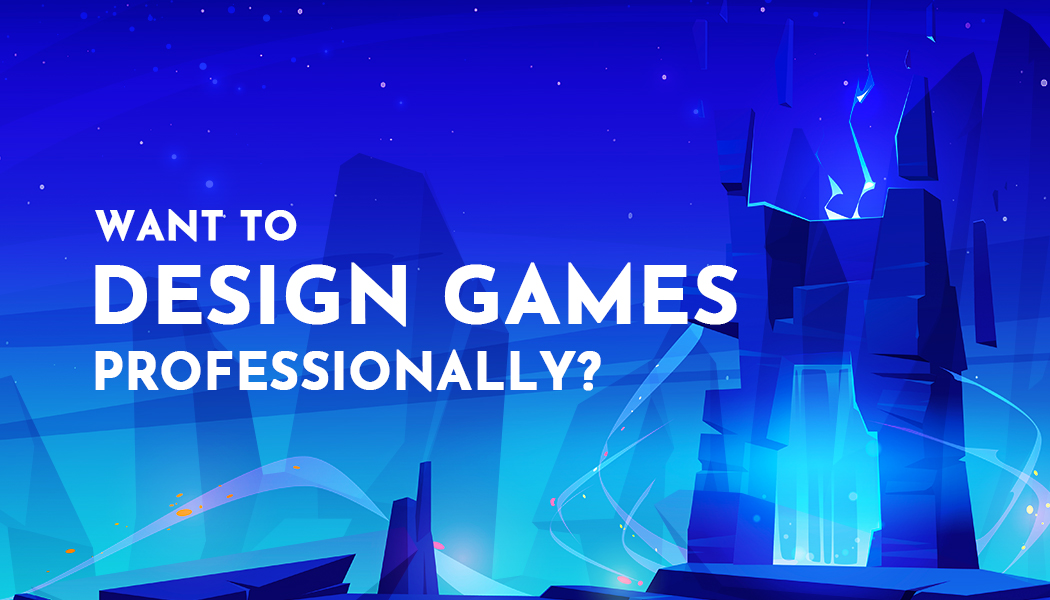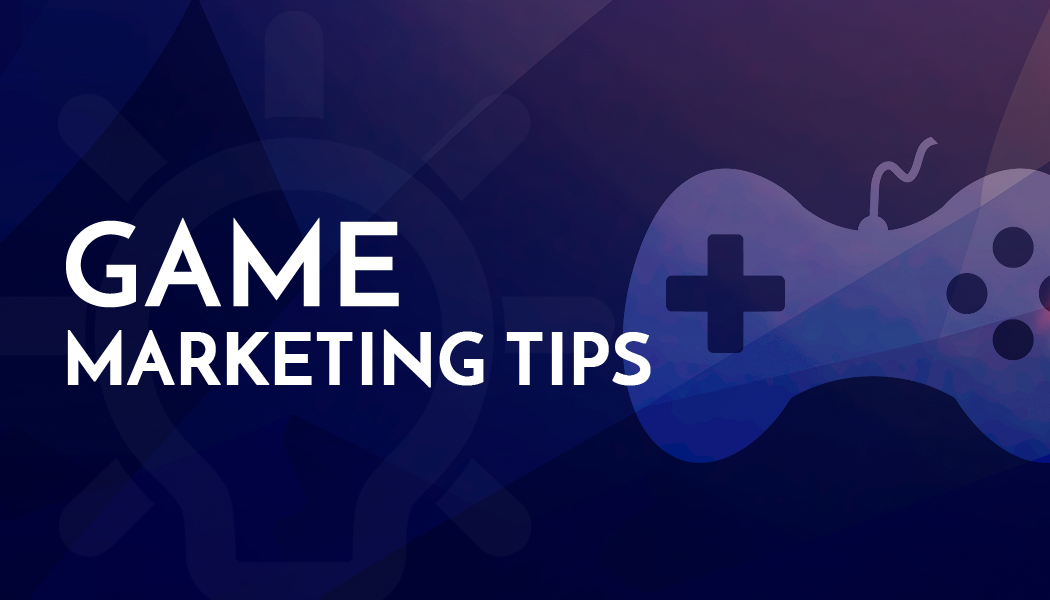Want to Design Games Professionally? Click Here!
To become a game designer and spend your working life planning, designing, and testing the latest gaming software, you need to prepare yourself for some stiff competition right from the get-go.
So, whether you have always been absolutely obsessed with gaming, whether that’s on a traditional PC, one of the leading PlayStation or Xbox consoles, or else you’re coming to the world of game design from another related designing arena, in all cases, this article is for you.
Work on Your Aptitude for Creativity
Firstly, and as you’d imagine, games designers and developers need a strong and unwavering sense of creative purpose, with a driving force to design new and innovative content underpinning the very reasons for pursuing such a career in the first place.
One of the fundamental aims of gaming designers is to strike a brand new and immersive balance between a unique and compelling vision and the established and known-to-be successful gaming conventions.
Fortunately, there are myriad of ways to encourage your creative streak, including the following:
-
Interacting and building connections with existing gaming designers
-
Reading gaming blogs and joining amateur gaming communities for inspiration
-
Considering how you would improve existing games in terms of story and content
-
Illustrating how you see your visions (even if it’s just for yourself)
Learn as Much as You Can About the Beginnings of Gaming
Unless you’ve decided to come to game design later on in life (there is, of course, absolutely nothing wrong with that), it’s highly unlikely that you’re overly familiar with the beginnings of gaming.
If you have the spare cash, a brilliant way of immersing yourself in the beginnings of gaming and finding out how leading designers of this year were inspired by the forerunners of such pioneering technology is to treat yourself to a retro mortal kombat arcade machine.
Some fascinating facts about the origins of retro gaming include the following:
-
The video game OXO was first created on an analogue computer way back in 1952
-
The very first home video console was first developed in 1967
-
The iconic computer game Space Invaders was released in 1978
-
The popular retro game Pac-Man was brought to the USA in 1979
-
The Nintendo and Sega rivalry began in 1989
-
The Sega Saturn system was released in 1995
-
The PS2 was the first console capable of playing DVDs and was released in 1999
-
The Xbox and PlayStation are now the two leading video gaming consoles
Take a Course in the Necessary Hard Skills
As you would naturally expect and are probably already aware of, there are several mandatory hard skills that you need to learn before you can even think about pursuing a career in game design and development.
Specifically, these are UX/UI, programming languages, and prototyping
1. UX/UI
Both the user interface (UI) and the user experience (UX) are integral to the success of a particular game, and furthermore, could be the deciding factor in whether a new game is a failure or a huge success.
Gaming companies who are hiring developers and interns for game design are now looking for people who are more than familiar with this concept and who are qualified or deeply skilled in this area.
2. Programming Languages
Key programming languages, such as Java and C++, are the official and professional gaming languages that professional developers use across all manufacturers and different companies, as well as in different countries.
This is why the successful completion of a degree in gaming development and design can be important, as the course will teach you all about programing languages and how to use them.
3. Prototyping
The third main hard skill required for a successful career in gaming development is having familiarity and experience of and with video game prototyping.
Basically, this refers to the creation of a game design framework that enables designers to refine and test new ideas and specific features of in-game play.
What Does a Gaming Designer Actually Do?
Finally, if you’re committed to and serious about pursuing a career as a professional gaming designer and developer, it would also be more than helpful to familiarize yourself with the daily responsibilities for the role.
Naturally, development is at the heart of such daily duties, from developing scenarios, different levels of difficulty, and maps of open worlds, to the development of characters, the main user interface (the controls and menu), and the main storylines and core plot.
There are many different types of companies looking to employ video gaming designers, including consultancies specializing in niche markets, e-learning companies, video game developing studios, and publishing and marketing companies.
As a graduate in an undergraduate program focused on game development company and design, you could expect to earn between $19,000 and $24,000 a year and when you gain experience and knowledge, not to mention making more contacts and climbing the ladder, you could then be earning $45,000 or more.




